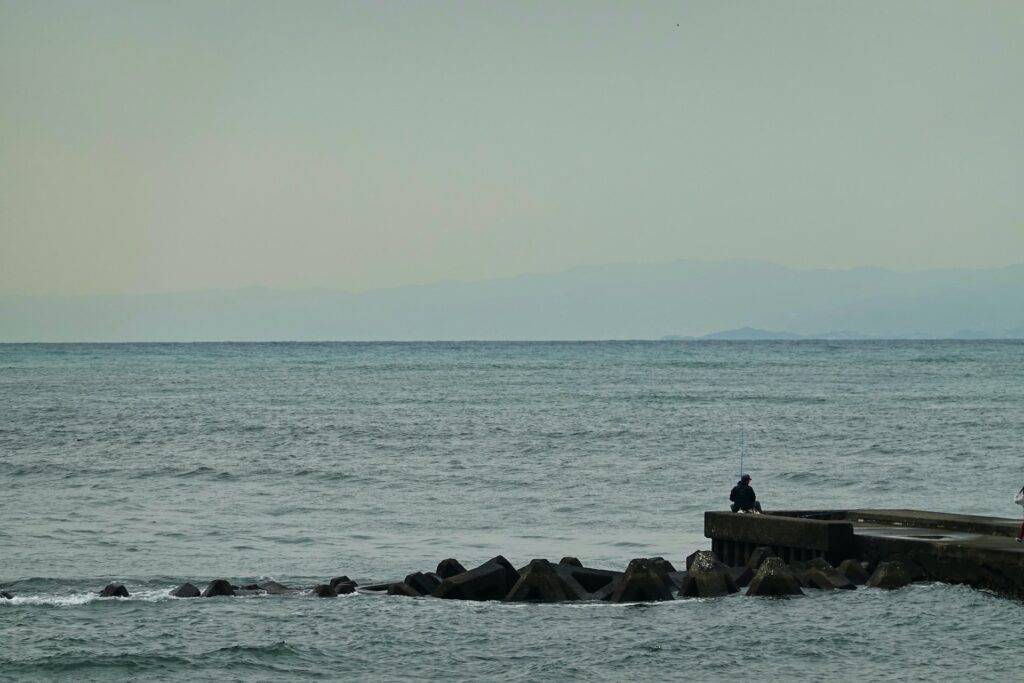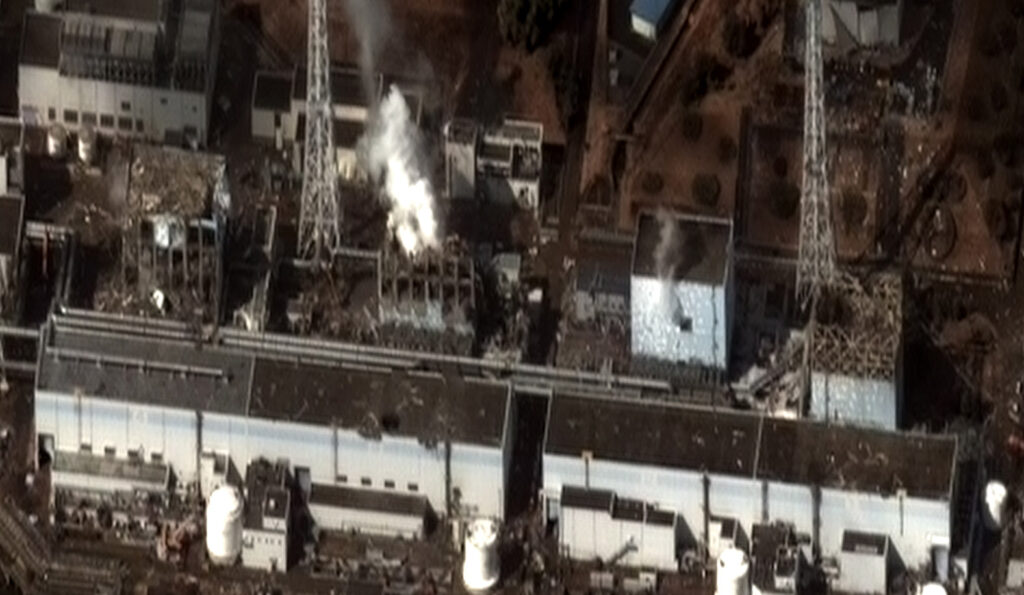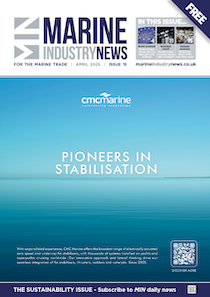Japan to release a million tonnes of radioactive water into the ocean

Japan has revealed plans to release more than a million tonnes of wastewater from the destroyed Fukushima nuclear power plant into the ocean this year.
The plant’s operator Tepco says that the levels of “most” radioactive particles meet national standards, following treatment. The 2011 Fukushima disaster, caused by a magnitude 9.0 earthquake and tsunami in north-eastern Japan, was the worst nuclear accident since Chernobyl.
While the proposal has been deemed safe by The International Atomic Energy Agency (IAEA), there are others, such as local fishermen, environmental groups and neighbouring countries, voicing concern. The Pacific Islands Forum has also criticised Japan for a “lack of transparency.”

“We expect the timing of the release would be sometime during this spring or summer,” said chief cabinet secretary Hirokazu Matsuno. He adds that the government will wait for a “comprehensive report” from IAEA before releasing the contaminated water.
During a cabinet meeting about the proposal, which was originally approved by the government in 2021, then-prime minister Yoshihide Suga said the plan was a “realistic solution.” He added: “We will do our utmost to keep the water far above safety standards.”
The wastewater is a mixture of groundwater, seawater and water used to keep the reactors cool. Each day, the plant produces around 100 cubic metres, which is filtered and stored in tanks. However, there are now over 1.3 million cubic metres of water on the site, and storage capacity is running out.
The only practical solutions “are discharge into the sea and vapour release, both of which have preceding practices,” concluded a governmental advisory committee in 2020.
Tepco says that most radioactive isotopes have been filtered out successfully, although there are still levels of tritium that sit above national standards. Tritium is notoriously difficult to remove from water, but is only harmful to humans in large doses.
Nuclear power plants worldwide often release water containing trace amounts of tritium into the environment — albeit under controlled conditions.
Although “the optics are terrible,” releasing the water into the Pacific Ocean is the correct choice, says Nigel Marks, a nuclear materials scientist at Curtin University, in a statement released by the Australian Science Media Centre. By diluting, the “radioactivity can be reduced to safe levels” comparable to exposures from medical imaging and airline travel, says Marks.
Environmental groups, on the other hand, say that there is space for additional storage tanks on land adjacent to the plant. They argue that storage would allow the isotopes to decay over time, while buying time to develop new techniques to handle the contamination.
For years after the disaster, the demand for fish from the area plummeted, amid concerns over safety. In time, the local seafood industry has gradually recovered. Fisheries now fear that the release of the water will resume these concerns and decimate their industry once again.










